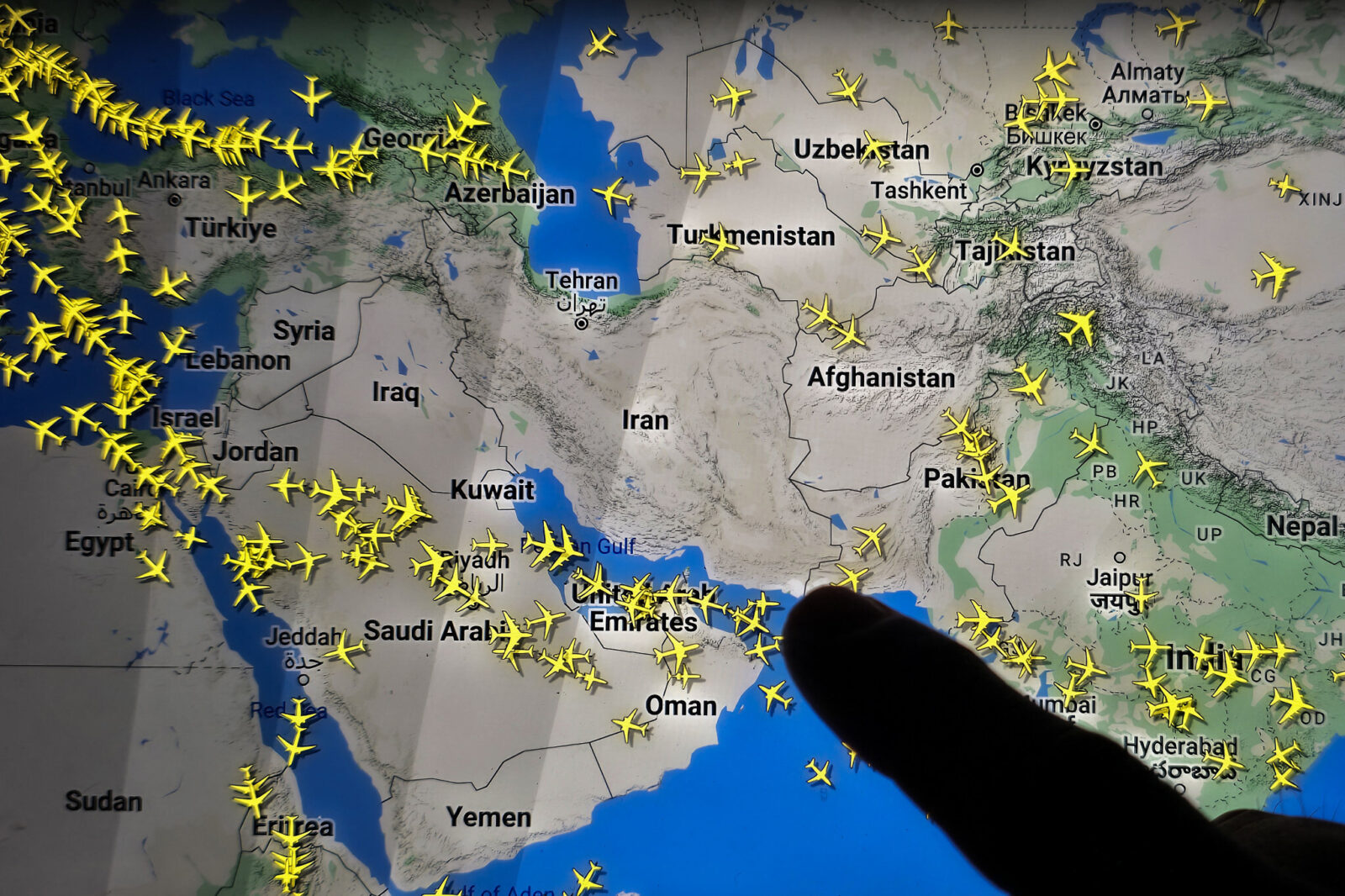
The Civil Aviation Organization of Iran cryptically announced that the nation will close its airspace from November 4th to the 6th.
Iran’s airspace closure occurring during the United States presidential election undoubtedly holds symbolic meaning, as the Israel-Iran conflict will be one of the most pressing issues for the newly elected president. The closure also has practical implications, as Iran and Israel have exchanged strikes recently. This began with Iran launching at least 180 missiles into Israel on October 1st, prompting an Israeli response on October 26th. Iran’s supreme leader, Ayatollah Ali Khamenei promised a “teeth-breaking response” to the recent Israeli attack, and to attacks which killed proxy leaders Hassan Nasrallah and Yahya Sinwar, of Hezbollah and Hamas.
The closure of Iranian airspace, combined with escalated rhetoric, indicates an incoming Iranian offensive, likely in the form of missile strikes. It is possible that this time Iran may utilize its proxies and weapons stored in Iraq, which are about 420 kilometers away from Israel, 600 kilometers closer than Iran’s nearest missiles. United States Secretary of Defense Lloyd Austin stated on Friday that the United States will send increased numbers of bomber aircraft, fighter jets, and Navy warships to the Middle East to deter Iran. The decision to close Iranian airspace, despite the US warning, seems to indicate that Iran will attack sooner than later. However, Iran may measure its strikes, opting for a less aggressive response due to an increased American presence.
Armeen is a current student of international relations at the Boston University Pardee School of Global Studies with a focus on Europe, and regional politics.
